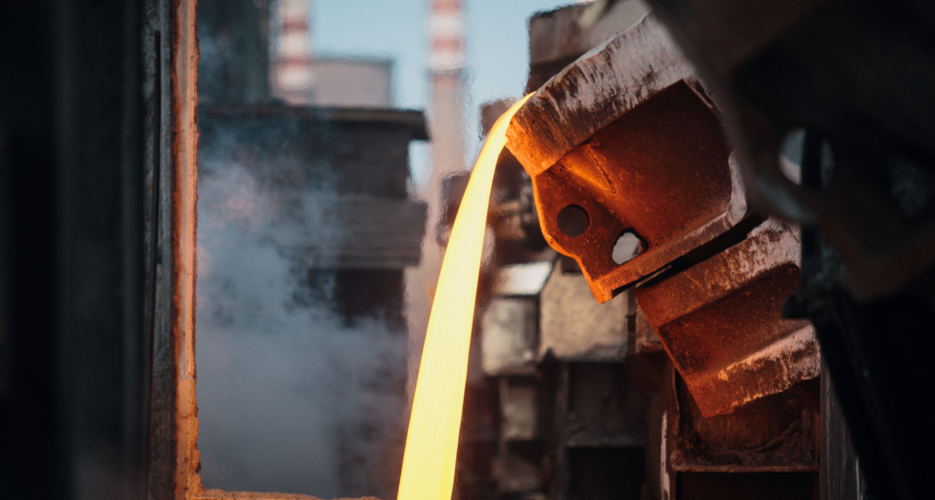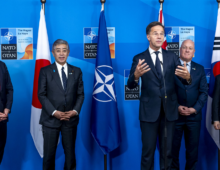Beijing remains silent on Seoul’s steel tariffs, likely waiting for the outcome of Yoon Suk-yeol’s impeachment trial
South Korea announced new trade measures on Wednesday to protect domestic steel producers following the U.S. decision to impose 25% tariffs on steel imports. The measures include enhanced anti-dumping investigations, stricter monitoring of origin fraud and the introduction of an early detection system for unfair imports. The trade ministry (MOTIE) said it would launch a new initiative under the Korea Trade-Investment Promotion Agency to provide targeted support for South Korean firms facing trade challenges.
MOTIE said it will deploy a 56-person task force to monitor high-risk imports and inspect mill test certificates to prevent origin fraud, aiming to counter the effects of Chinese overproduction. Final anti-dumping decisions are expected later this year, but the government said immediate action is necessary to stabilize the domestic steel industry.
MOTIE announced in February provisional anti-dumping duties on Chinese hot-rolled carbon and alloy steel plates, with rates ranging from 28% to 38%. Major Chinese producers targeted include Baoshan Iron and Steel and Sino Commodities.
WHY IT MATTERS
South Korea’s measures are an effort to protect domestic producers from U.S. tariffs and Chinese overcapacity. The U.S. tariffs directly threaten South Korea’s iron and steel sectors, which exported nearly $2 billion worth of products to the U.S. last year. Meanwhile, China’s steel production, which accounted for over 53% of global crude steel output in 2023, has surged in recent years, with exports rising 35% in 2023 to 94.5 million tonnes. This increase in Chinese steel exports has contributed to a global supply glut, placing downward pressure on prices and prompting trade restrictions from other countries.
Beijing’s muted response to South Korea’s trade measures contrasts with its retaliation against Canada, which faced tariffs on agricultural goods after imposing 100% duties on Chinese electric vehicles in Sept. 2024. China’s restraint suggests a calculated wait-and-see approach, likely influenced by South Korea’s political uncertainty. With President Yoon Suk-yeol’s impeachment trial nearing a verdict, Beijing may be waiting for political clarity before determining its trade strategy toward Seoul. The upcoming ROK-Japan-China trilateral foreign ministers’ meeting in Tokyo on March 22 could offer insight into China’s next steps.
South Korea announced new trade measures on Wednesday to protect domestic steel producers following the U.S. decision to impose 25% tariffs on steel imports. The measures include enhanced anti-dumping investigations, stricter monitoring of origin fraud and the introduction of an early detection system for unfair imports. The trade ministry (MOTIE) said it would launch a new initiative under the Korea Trade-Investment Promotion Agency to provide targeted support for South Korean firms facing trade challenges.
MOTIE said it will deploy a 56-person task force to monitor high-risk imports and inspect mill test certificates to prevent origin fraud, aiming to counter the effects of Chinese overproduction. Final anti-dumping decisions are expected later this year, but the government said immediate action is necessary to stabilize the domestic steel industry.
Get your
KoreaPro
subscription today!
Unlock article access by becoming a KOREA PRO member today!
Unlock your access
to all our features.
Standard Annual plan includes:
-
Receive full archive access, full suite of newsletter products
-
Month in Review via email and the KOREA PRO website
-
Exclusive invites and priority access to member events
-
One year of access to NK News and NK News podcast
There are three plans available:
Lite, Standard and
Premium.
Explore which would be
the best one for you.
Explore membership options












